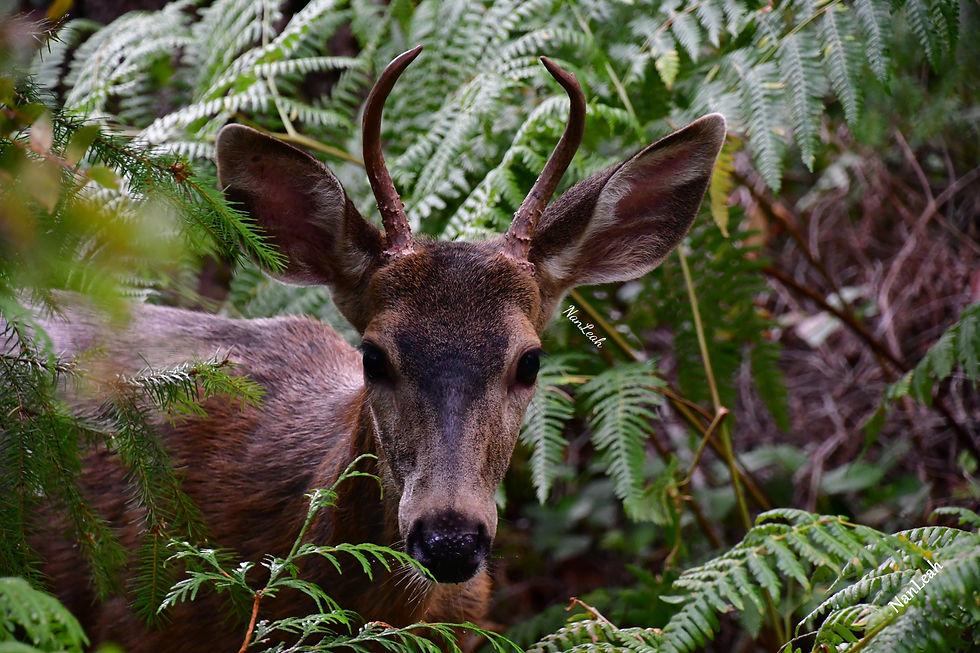Poetry of Nature | Early Autumn | Geoff Oelsner
- IPM Team

- Sep 17, 2023
- 5 min read
Updated: Dec 21, 2024
This is one of two letters available monthly to Poetry of Nature subscribers.
Want to read more?
Subscribe to poeticmedicine.org to keep reading this exclusive post.


